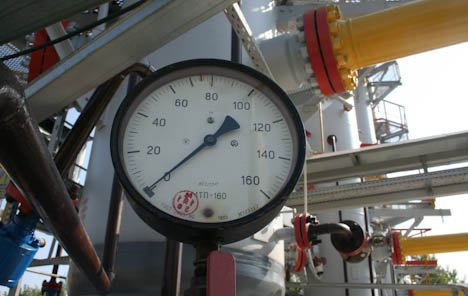
Ashgabat, Turkmenistan, June 22
By Huseyn Hasanov - Trend:
In terms of communications, the biggest issue in Turkmenistan is related to the transportation of gas, mainly by pipelines such as Turkmenistan-Afghanistan-Pakistan-India (TAPI), as well as the creation of infrastructure for liquefied natural gas, the UN Development Program (UNDP) said in a statement referring to the opinion of the Senior Adviser of the UNDP Regional Bureau for Europe and CIS Ben Slay.
This issue is a key issue because it includes both the topic of big money and geopolitical interests, which may be even more important than the financial aspect of the project, says the message referring to the adviser.
Thus, traditional approaches to public-private partnerships may not fully cover the conceptual framework of these issues and the corresponding policy objectives, says Slay.
"In the case of TAPI, Turkmenistan and other regional actors are involved in the process at the government level, with the exception of some foreign suppliers. Decisions are made at a very high political level and are implemented (first of all) by state-owned companies," the UNDP Advisor emphasized.
Turkmenistan, according to the British Petroleum (BP) report, has the fourth largest natural gas reserve in the world and at this stage exports it to China and Iran.
The Turkmen section of TAPI began to be built in December 2015, and the Afghan section - in February this year.It is expected that Turkmen gas can be delivered through TAPI within 2019.
The total length of the pipeline, with a capacity of 33 billion cubic meters of gas per year will be 1840 kilometers till the village of Fazilka on the border with India.
Also, a road show will be organized, starting from next month, to promote the Turkmenistan-Afghanistan-Pakistan-India gas pipeline project (TAPI) and conduct negotiations with investors.A series of meetings were held with a number of export credit agencies - ECA (including SACE, Hermes and ECIO), and all of them expressed strong support for the project, and are currently completing their mandatory due diligence.
There is also intensive work with the Asian Development Bank (ADB), which has provided and continues to provide full support to the project.According to the agreements, the bank plans to support the project in two directions, sovereign financing, covering part of its own capital; and direct financing of the project company.
The financial closure of the project is expected in the third quarter of 2018.
Follow Trend on Telegram. Only most interesting and important news
